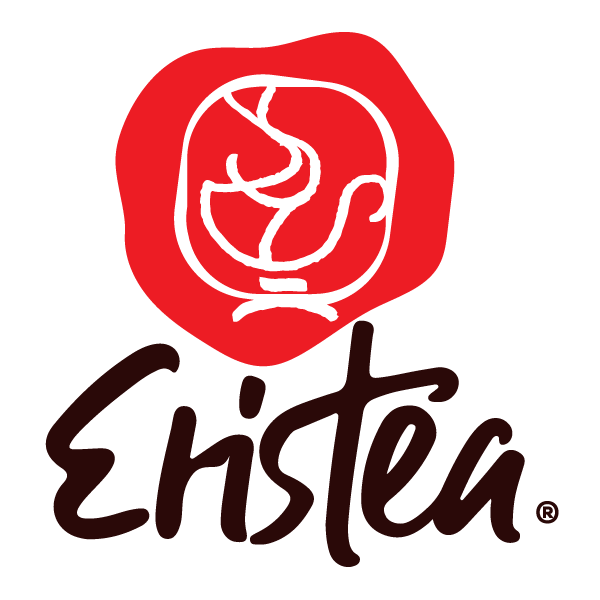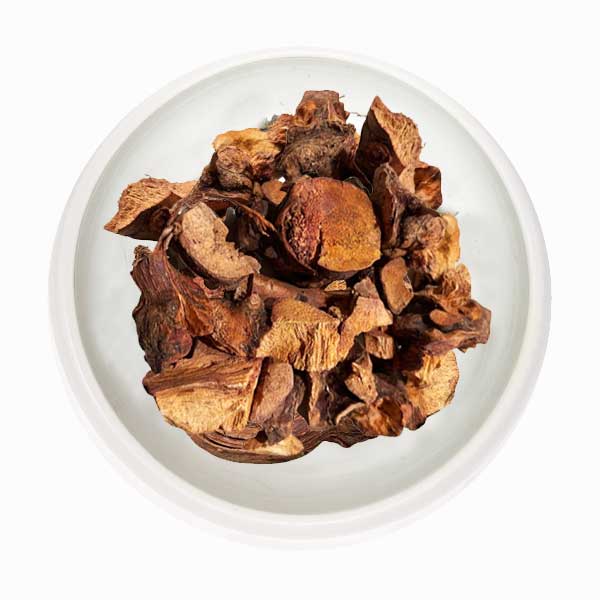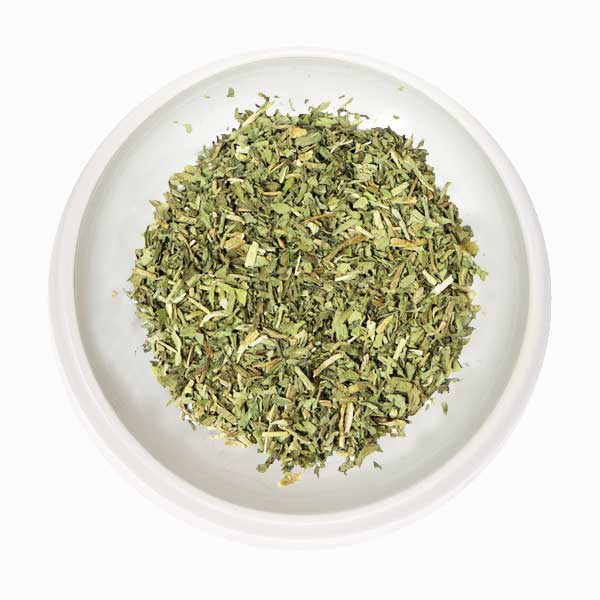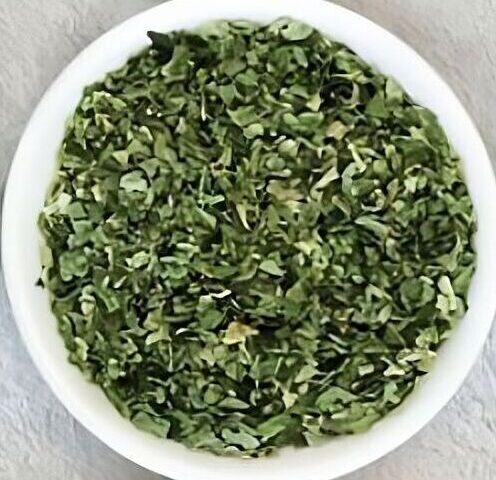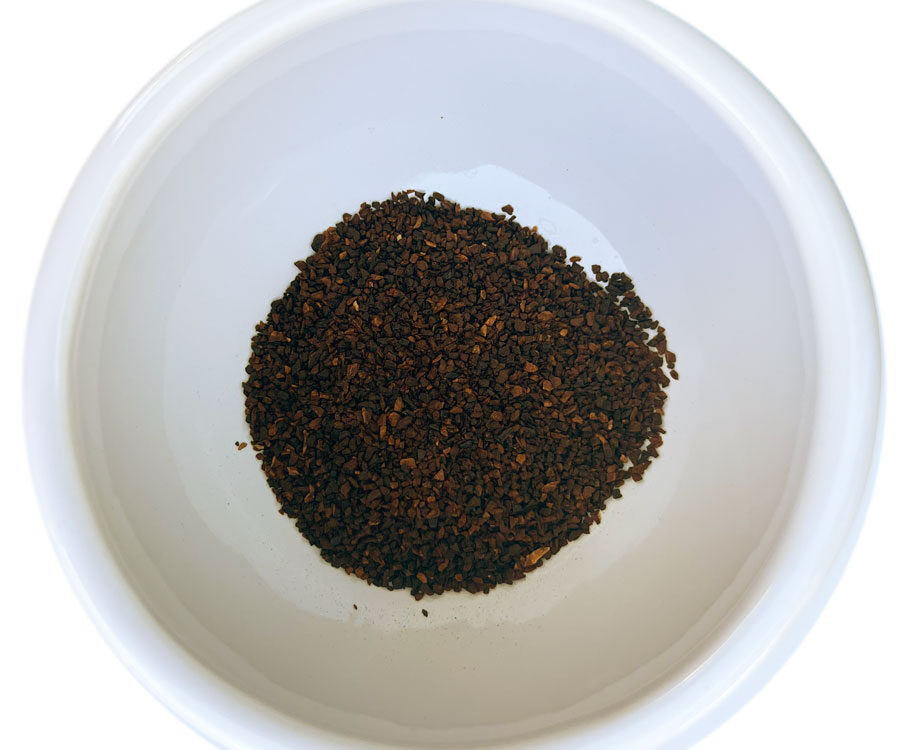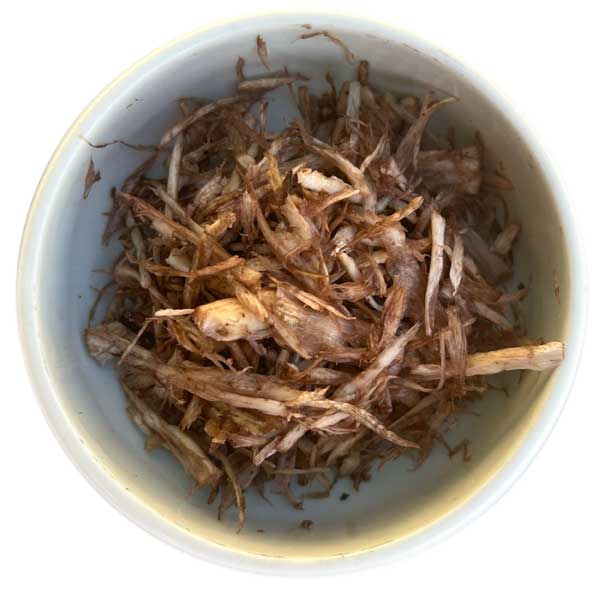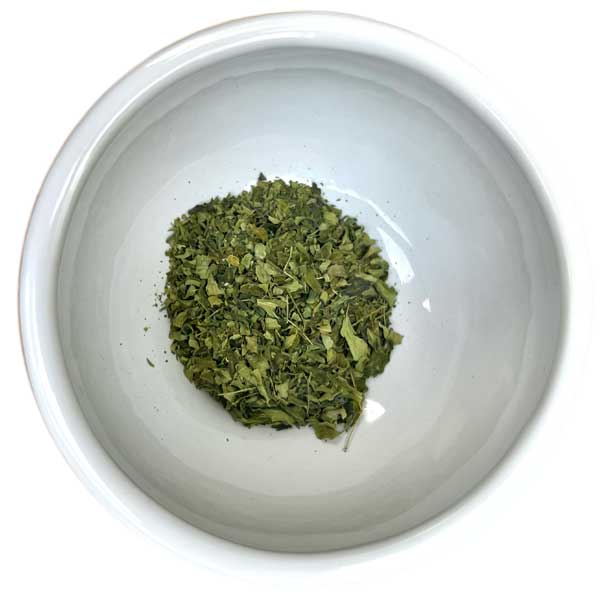Nettle Tea
Brewing Temp: 100ºC/212ºF
Stinging nettle, often known as nettle, is a shrub native to Asia and northern Europe. Urtica dioica is the scientific name for it. Although the plant has lovely heart-shaped leaves and pink or yellow flowers, its stem is coated in small, stiff hairs that, when touched, produce stinging chemicals.
The nettle plant's leaves, stem, or root can be crushed and turned into a variety of products, including powders, tinctures, lotions, drinks, and more. Although it has been used as a herbal remedy for generations, many of the possible health advantages are also backed by current research.
Here are some of the possible advantages of nettle tea:
Anti-inflammatory properties: Nettle tea contains anti-inflammatory compounds that have been shown to help reduce inflammation and pain associated with conditions such as arthritis.
Nutrient-dense: Nettle tea contains vitamins and minerals such as vitamin A, vitamin C, vitamin K, iron, and calcium.
Nettle tea has traditionally been used to support urinary tract health because it has diuretic properties and may help reduce the risk of urinary tract infections.
Some research suggests that nettle tea may help improve allergy symptoms like sneezing, runny nose, and itchy eyes by reducing inflammation in the body.
Nettle tea has been shown to have a mild blood pressure-lowering effect, which may help lower the risk of heart disease.
Nettle tea has traditionally been used to support prostate health, and some research suggests that it may help reduce the symptoms of benign prostatic hyperplasia.
Note: With any herbal, it's always best to speak with a healthcare provider before using it for medicinal purposes.
